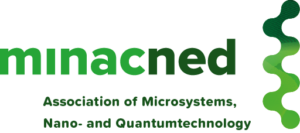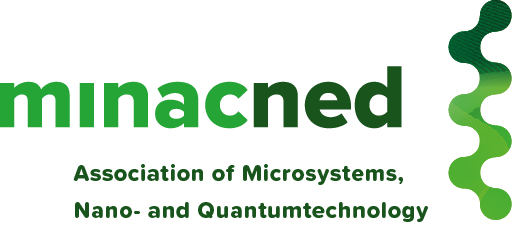De Europese Commissie heeft onder het Health Cluster twee extra topics gericht op onderzoek en innovatie op het gebied van COVID-19 en COVID-19 varianten gepubliceerd:
1. Funding & tenders (europa.eu) HORIZON-HLTH-2021-CORONA-01-01:
Vaccines & therapeutic clinical trials to boost COVID-19 prevention and treatment
Research & Innovation Action, 3-10 miljoen Euro per project; beschikbaar budget 60 M€
- Funding & tenders (europa.eu) HORIZON-HLTH-2021-CORONA-01-02:
Cohorts united against COVID-19 variants of concern
Research & Innovation Action, 7-10 miljoen Euro per project; beschikbaar budget 30M€
Daarnaast zijn onder Research Infrastructures enkele geplande topics aangepast en deze zullen ook eerder open gaan:
1. Funding & tenders (europa.eu) HORIZON-INFRA-2021-EMERGENCY-01:
FAIR and open data sharing in support to European preparedness for COVID-19 and other infectious diseases
Research & Innovation Action, 12 miljoen Euro per project; 1 project
- Funding & tenders (europa.eu) HORIZON-INFRA-2021-EMERGENCY-02:
Research infrastructure services for rapid research responses to COVID-19 and other infectious diseases epidemics
Research & Innovation Action, 21 miljoen Euro per project; 1 project
Planning:
De vier topics zijn allen single-stage. Ze gaan open voor indiening op 13 april en sluiten op 6 mei 2021.
Onder de Reference Documents op de Funding & Tender portal Reference Documents (europa.eu) vindt u o.a. de general annexes en de templates.

